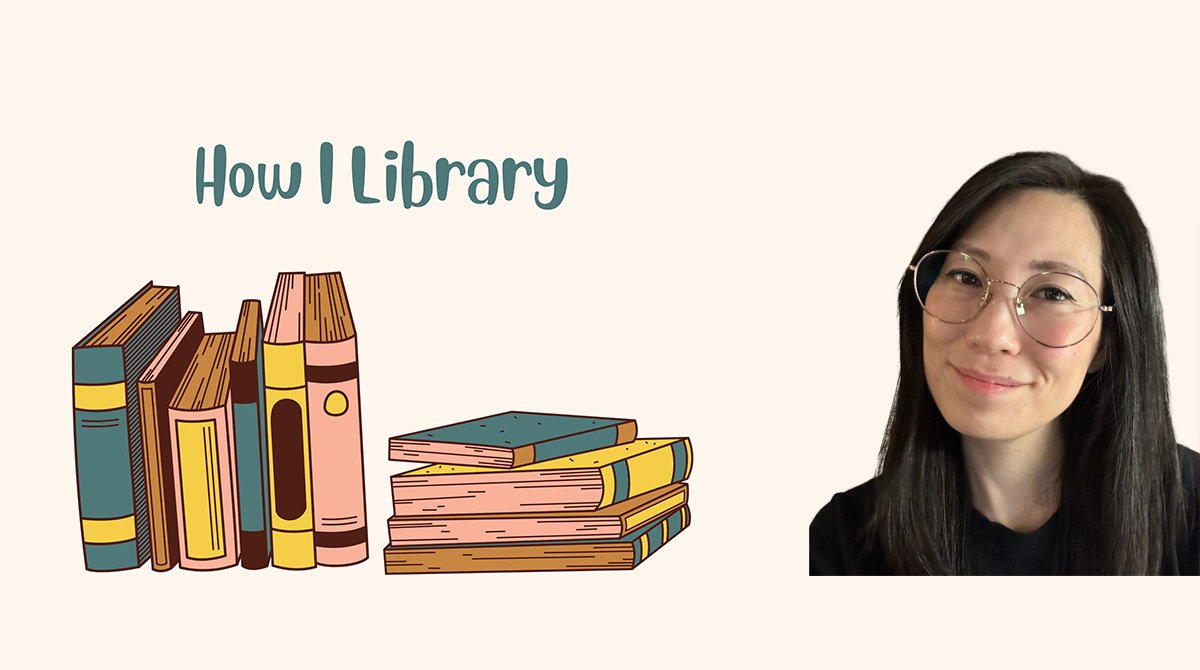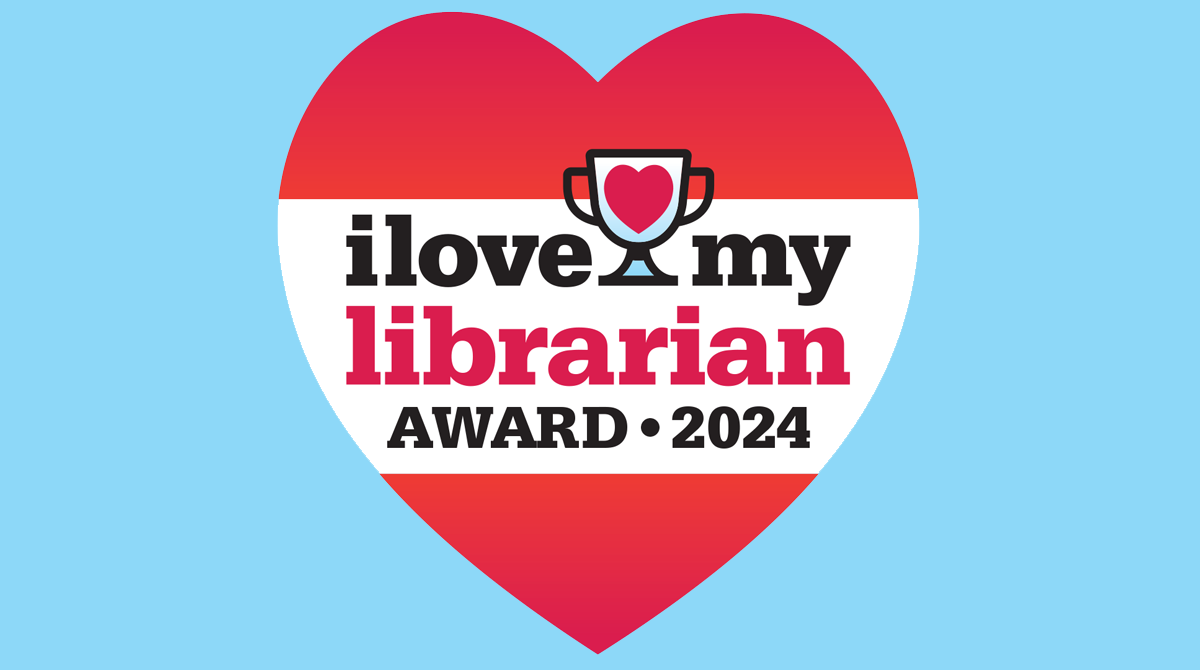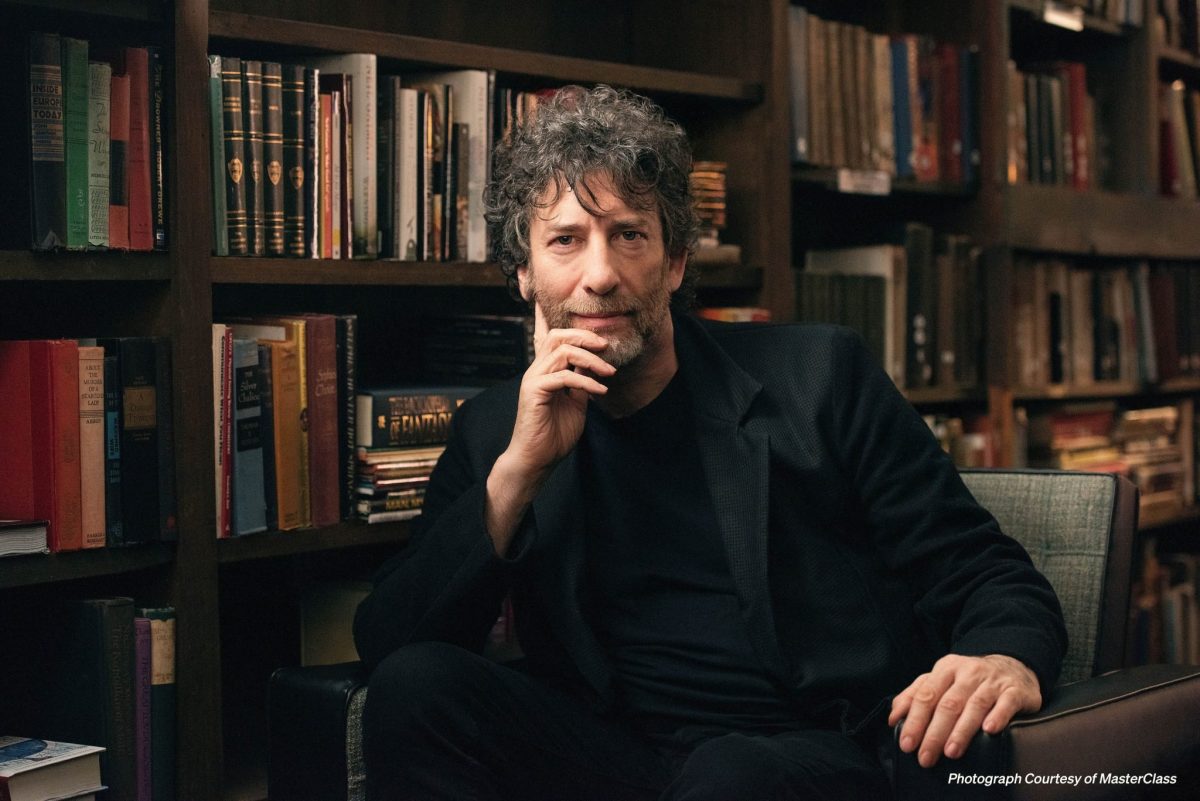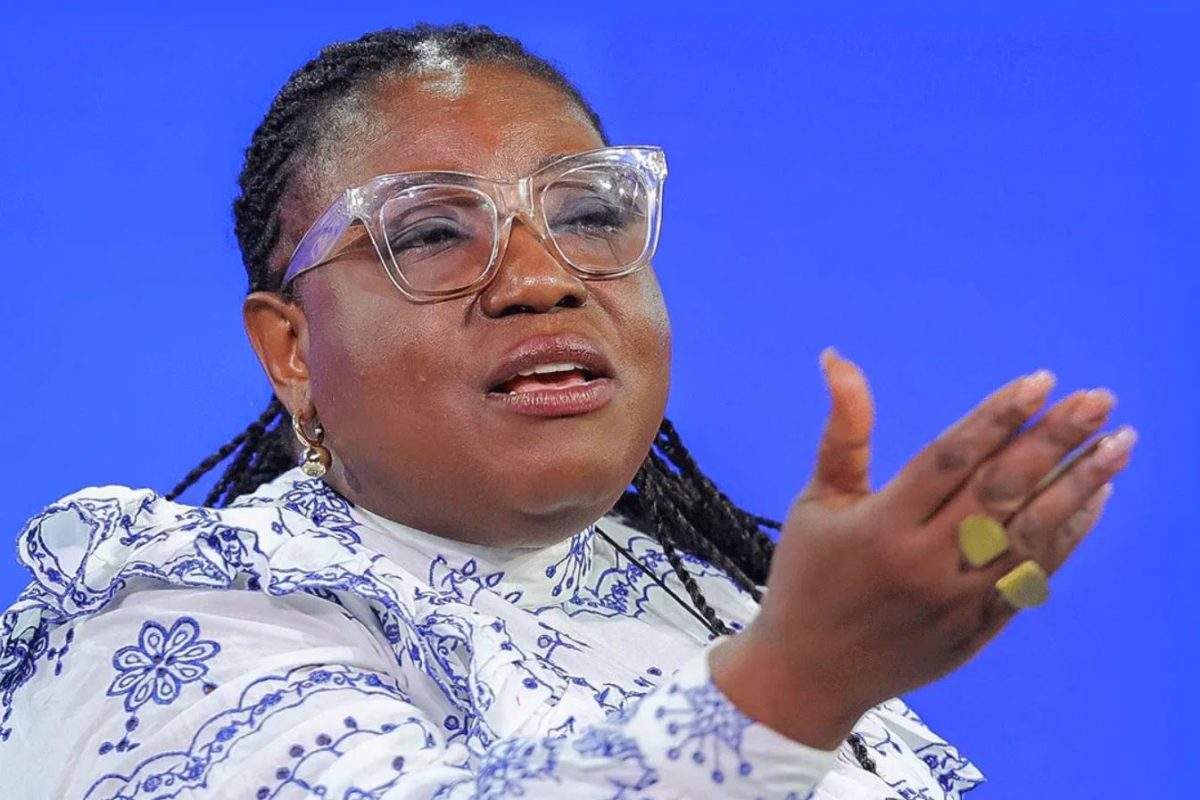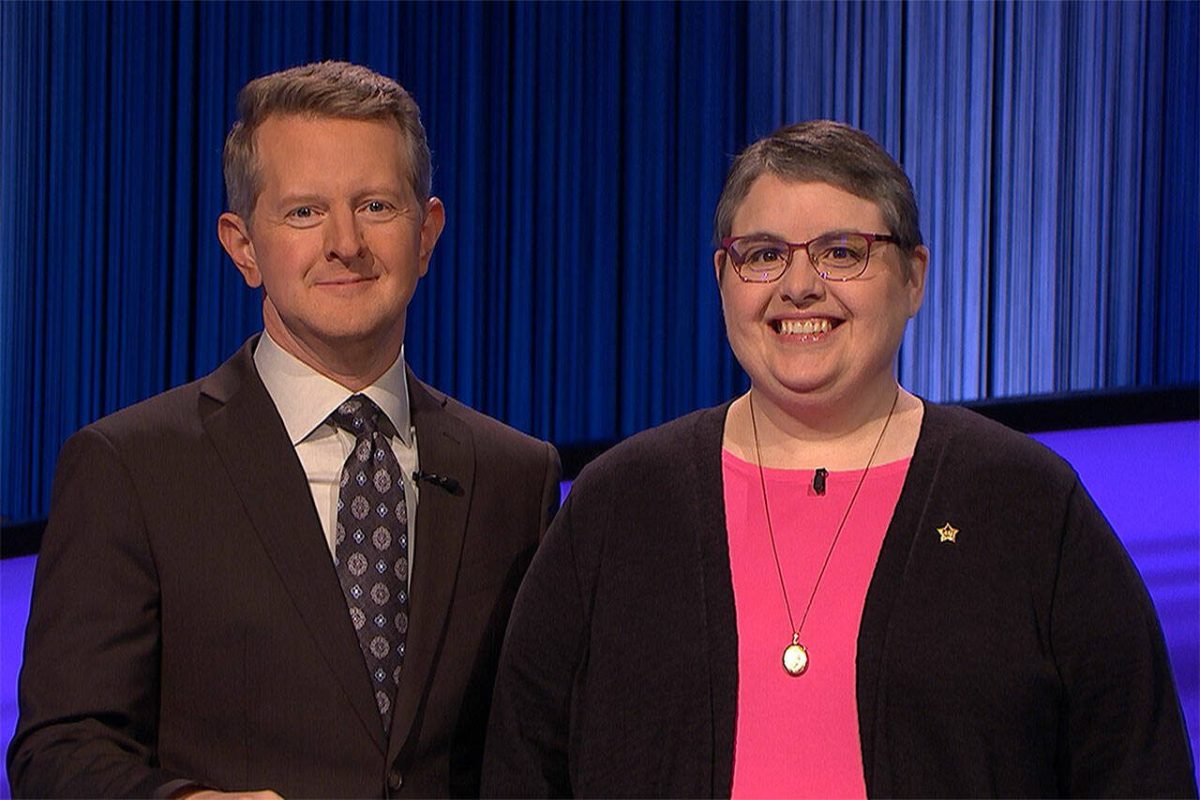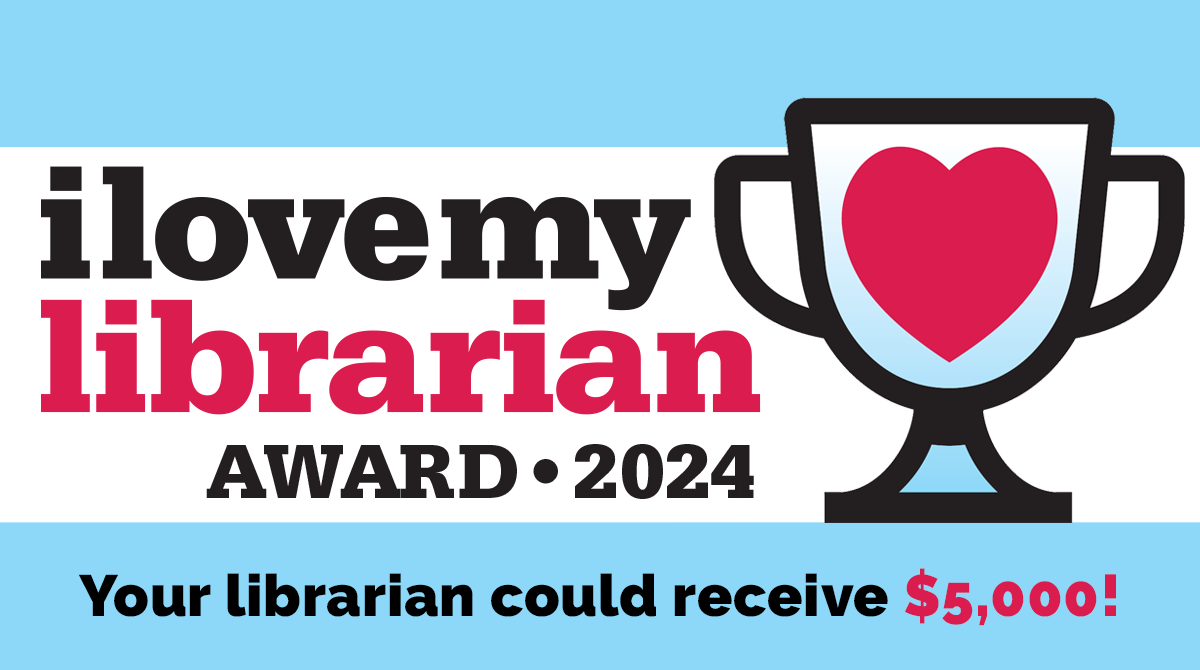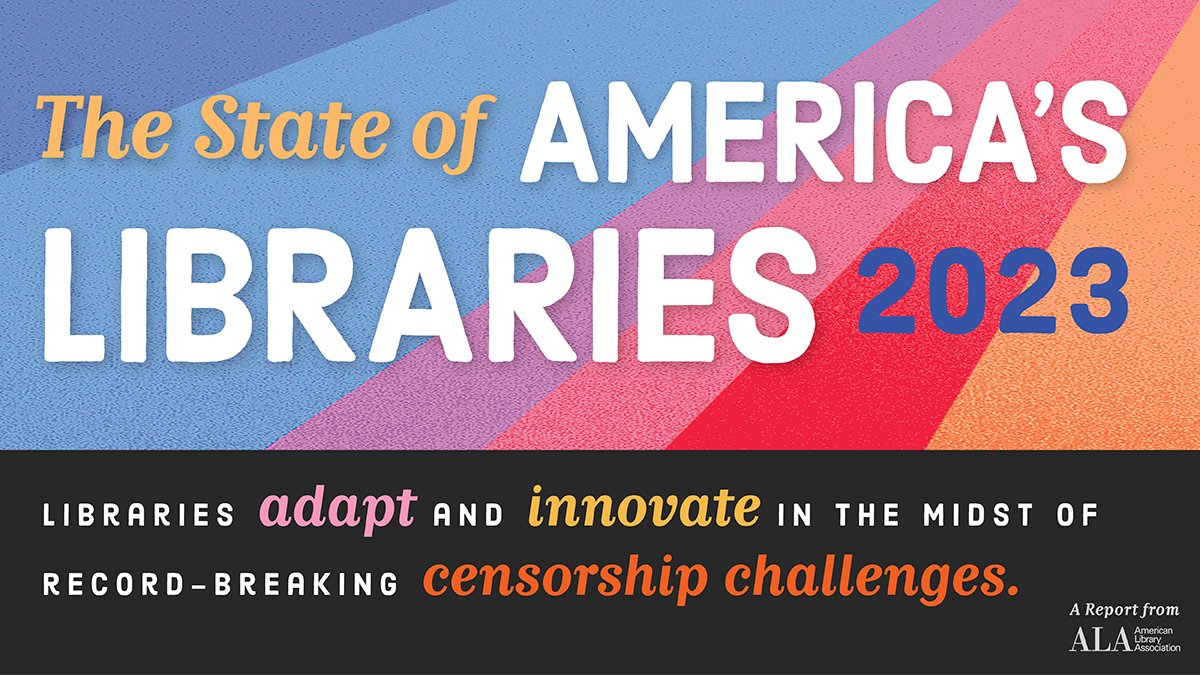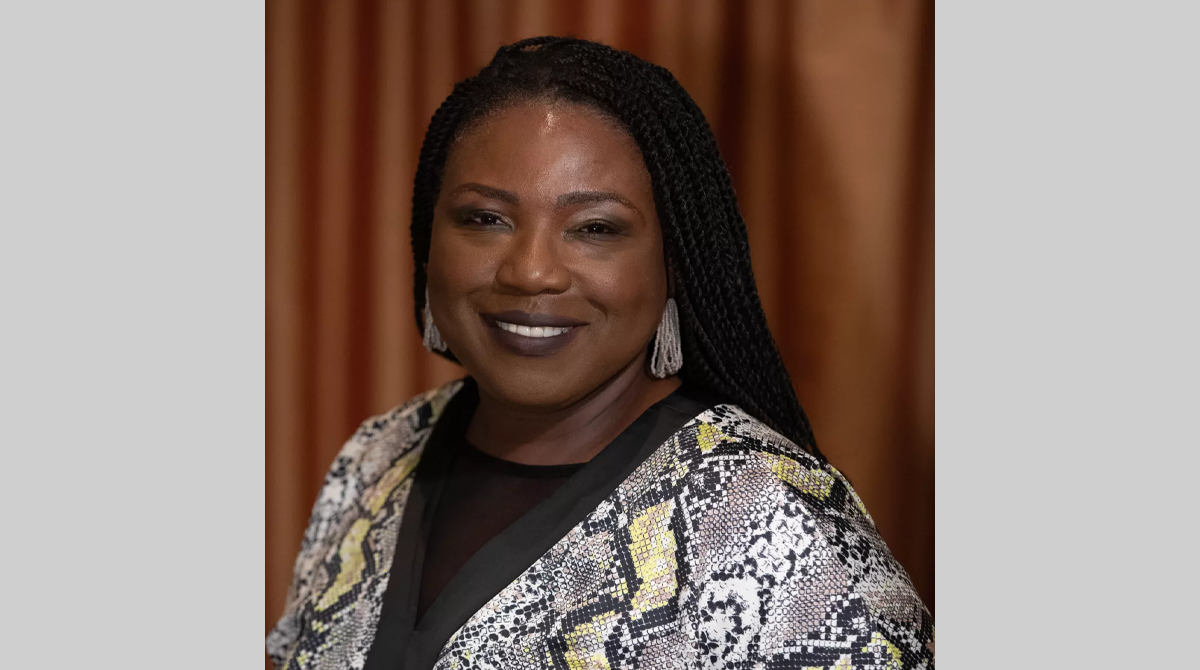This is a tough time to be a librarian. Materials and programs are being challenged, and core library values of inclusivity and freedom of information are at stake. I spoke to two librarians on the front line of the struggle to find out what it’s really like and how they are holding up. They asked to remain anonymous to protect their jobs, but they are both degreed librarians who work extensively with the public, including young people, at a medium-sized library in the Midwest. “V” is a librarian and “F” is their supervisor.
Thank you for agreeing to talk to me. I know this is a wild time to be working with the public. Let’s start with a little background. How has the past year or so been different for you in terms of materials challenges?
V: Historically, I have observed maybe one or two challenges per year. This past year the number of challenges has significantly increased, and the original challengers have not been satisfied with the verdicts, so they then appeal the challenges and become publicly adversarial. There’s also an added organized political element (the misleadingly named Moms for Liberty, Moms for Libraries) getting involved, which definitely doesn’t help in conducting civil and rational discourse with the challengers and agitated community members.
F: I’ve worked in various library systems both small, very large, and medium; typically, even in the very large system, there would be maybe one challenge a year. Most of these challenges (which were again very few) were LBGT-focused and were “hot button” controversial titles that appeared on social media. For this library’s size, we have gotten more than 10 times the normal number of challenges. Many of the challenges are alleging that the library is full of pornography and its librarians are selecting that pornography to endanger minors.
What was the procedure for book challenges before? Are folks following that procedure?
F: Procedures for challenging books were consistent. Patrons who wanted to challenge a book received a form that they would then fill out explaining why they believed the material should be removed from the specific section and/or library. That form would then go to a staff committee who would take a deeper dive into that challenge. Most patrons who are adamant about the challenge will follow the process, as that’s the only way it can possibly be changed. Sometimes this process deters folks from formally challenging and they are satisfied with just being heard by staff members.
If you are selectors, has this new environment of challenges/selection policy changed how you select books, especially for young people?
V: I am not a selector, but every time I encounter a book, a display, a potential program opportunity at my library, a part of me is starting to look at it through a lens of “What problem will this cause for us? Will I get myself/my supervisor/my department/my admin in trouble?” I fear I’m beginning to preemptively censor things for self-preservation and institutional survival.
F: I too am not a selector but work very close with the selectors. I would say that this has caused delays in materials being selected, especially in our teen collection, because we are under such high scrutiny that we cannot afford to make a “mistake”-which I put in quotations because it’s not that we make a mistake on the professional level in selecting materials for all, but in the eyes of the very conservative board majority and public minority. Unfortunately, it feels like we must make our choices based on that public minority rather than the whole community, just so that we stay out of trouble with the board.
Are you getting challenges to programs as well, or just materials?
F: Programs that are being challenged are in regards to book clubs.
V: We are having to be more cautious about potential programs, too. We’ve had a few youth programs about health and bodies that our admin, in an abundance of caution that I absolutely understand, have nixxed. I’m not sure I am using the term correctly, but it’s beginning to feel as though all of these challenges and the ignorance/hostility of the board is starting to have a “chilling effect” on our future program plans.
What kind of support do you get from your administration or library board?
F: I will say that the majority of the library board does not “support” us in the way that would typically happen from a board. Part of this is in their demeanor. When community members are representing the board’s views, they pay attention; when community members don’t, they will scoff and/or not pay attention. Sometimes lack of support from the board does take the form of the materials being relocated against the judgment of library professionals, professional reviewers, etc. On the flipside, there are board members who are very much in support of us as library professionals who know how to do their jobs. Most of our board members are new members within the last year. I would also point out, while there have been these challenges towards materials, the majority of people who attend the board meetings are in support of the library.
V: Perhaps mine has been an unusual experience, but the boards at the past libraries I’ve worked at have been extraordinarily supportive of the library directors and the ways in which they run things-the boards have been very trusting and respectful. People in the communities challenged things at those libraries, but the boards really supported the directors’ decisions. This current environment, however, seems to be up-ending things. Of course we expect challenges and concerns from the community; that’s no surprise. What is surprising is that now, not only is the majority of the Board not supporting the library staff in their decisions, they seem to be creating challenges themselves. Censorship and book banning? Although it’s definitely on the rise, ultimately nothing new there. Hostile and disconnected library boards joining in on the nonsense? That’s a new one, at least for me.
How has this new environment of challenges/selection policy affected your day-to-day work life?
V: On a practical level, the added work and problems that have arisen from all of the challenges have really impacted our ability to pursue many of the projects that we want to take on to serve the community. It’s pretty discouraging to realize how much taxpayer money is being wasted as a result of these attempts at censorship. On a mental and emotional level, I’m discouraged and afraid; I’m beginning to hear rumors of library workers being doxxed, to say nothing of character assassination and the threats to our careers and livelihoods. You can imagine the impact this has on our mental and emotional health.
F: I absolutely agree with everything that D said. Large library-wide initiatives have had to move to the back burner to make capacity for changes with the selection policy as well as challenges. Each book that is challenged has to be read in its entirety by a committee of staff members, thorough research done surrounding age-appropriateness, etc., which pulls staff from other projects. The library is a place for all and because of the vocal minority, initiatives and projects that would bring resources and support to other community members gets pushed back. For me, mentally, I feel like I am constantly having to be on guard and feeling like Big Brother is watching over me. It’s taxing, has forced me to attend more therapy sessions, has taken me away from normal interactions with staff just so I can do the other new projects that have come up because of this.
F, as a supervisor, how do you help your employees feel empowered to do their work in the face of such challenges?
F: I let my employees know that my door is open any time that they need to talk or work through new board created/modified policies. I try my best to detail and operationalize the policies that the board creates in a way that can be accomplished by staff. It’s important to be as open and honest as one can be, especially in the wake of challenges both by patrons and board members, when it goes against everything you’ve been taught about best practices in librarianship. At the end of the day, we are doing what we can to best serve the community and remain a place for all.
Susan Maguire is senior editor, collection management and library outreach, at Booklist.
*First published February 13, 2023 (Booklist Online). Photo by Element5 Digital.
